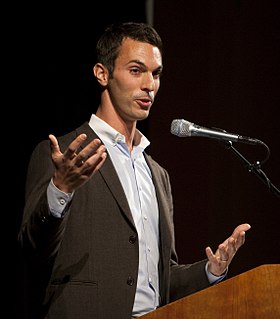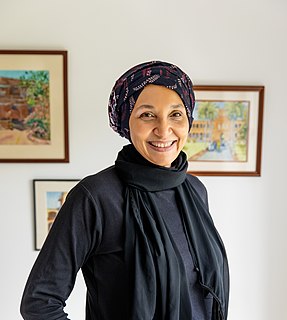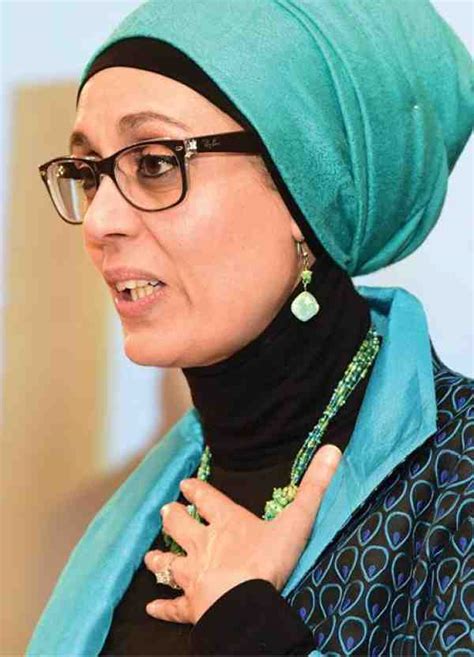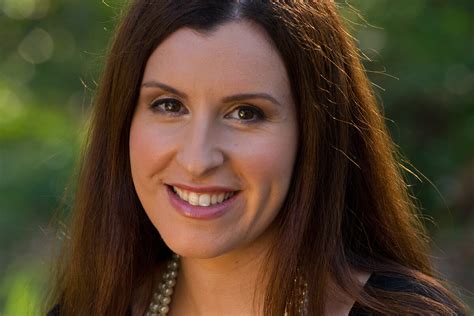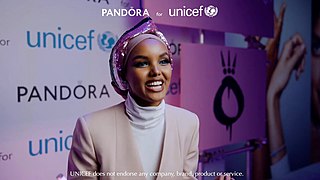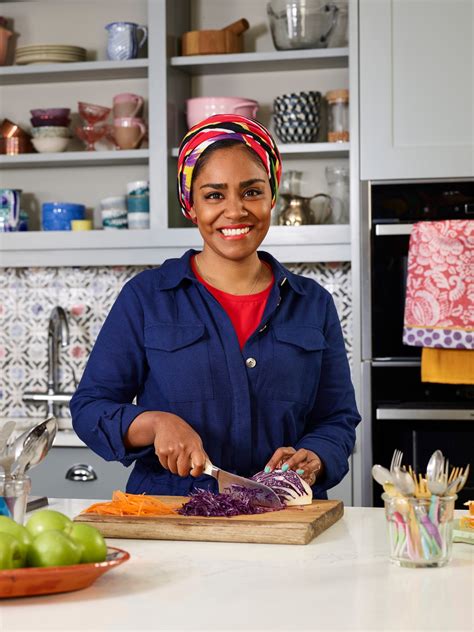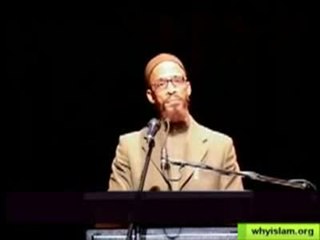A Quote by Linda Sarsour
I'm Muslim. I'm Palestinian. I'm a woman in a hijab.
Quote Topics
Related Quotes
I was born in 1965. When I grew up in India, there was no expectation that a good Muslim woman wore the headscarf. But what happened when I came here to the U.S. and the emergence of the Saudi and Iranian theologies in the world is that the headscarf became the hijab and the hijab is now the idea that is synonymous with headscarf.
Flying while Muslim is nerve-racking in itself. Every time I prepare to fly, I have to make sure the anxiety I feel from all the stares I get from the moment I walk into the airport doesn't show on my face. This is what every woman in a hijab or bearded Muslim man experiences. But we are not alone: Sikh men who wear a turban experience the same anxiety because they encounter Islamophobia by dint of being perceived as Muslim.
I think it's dangerous to look at every Muslim woman the same and to assume that every experience within the religion is the same, meaning that there are going to be strong and assertive women that are Muslim. There's going to be a more passive woman who just so happens to be a Muslim. There may be a funny, big-personality woman and she's Muslim.
The hijab or a variation of the word shows up eight times in the Quran. And it never means headscarf. And so what's happened is that the identity of a Muslim woman especially is being equated to this piece of cloth on her head. And in that ideology there's a very fundamental assumption that people need to think very deeply about, which is do you believe that a woman is too sexy for her hair?
Let’s not ask Barbara Walters about how Muslim women feel. Let’s not ask Tom Brokaw how Muslim women feel. Let’s not ask CNN, ABC, FOX, The London Times, or the Australia Times. Let’s not ask non-Muslims how Muslim women feel, how they live, what are their principles, and what are their challenges. If you want to be fair, ask a Muslim woman. Ask my wife. Ask my mother. Ask a Muslim woman who knows her religion, who has a relationship with her Creator, who is stable in her society, understands her responsibilities. Ask her.


